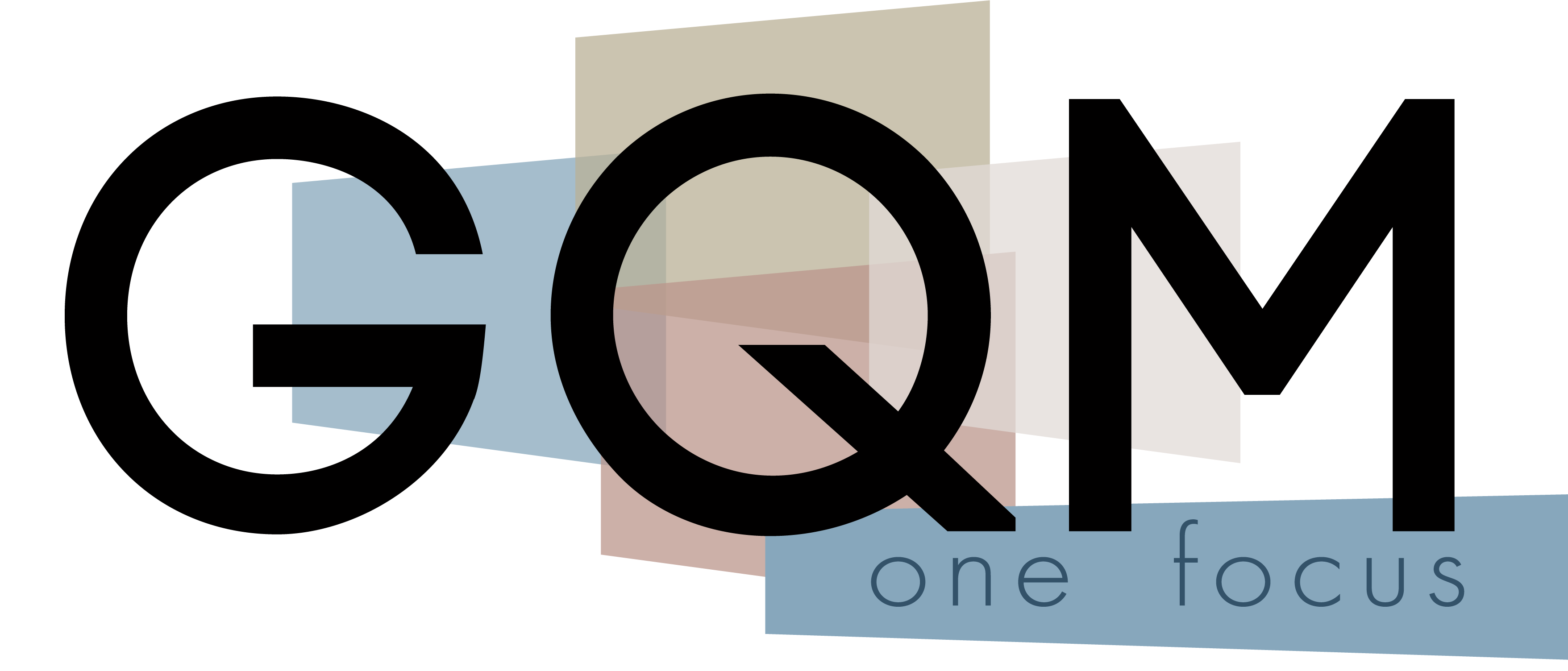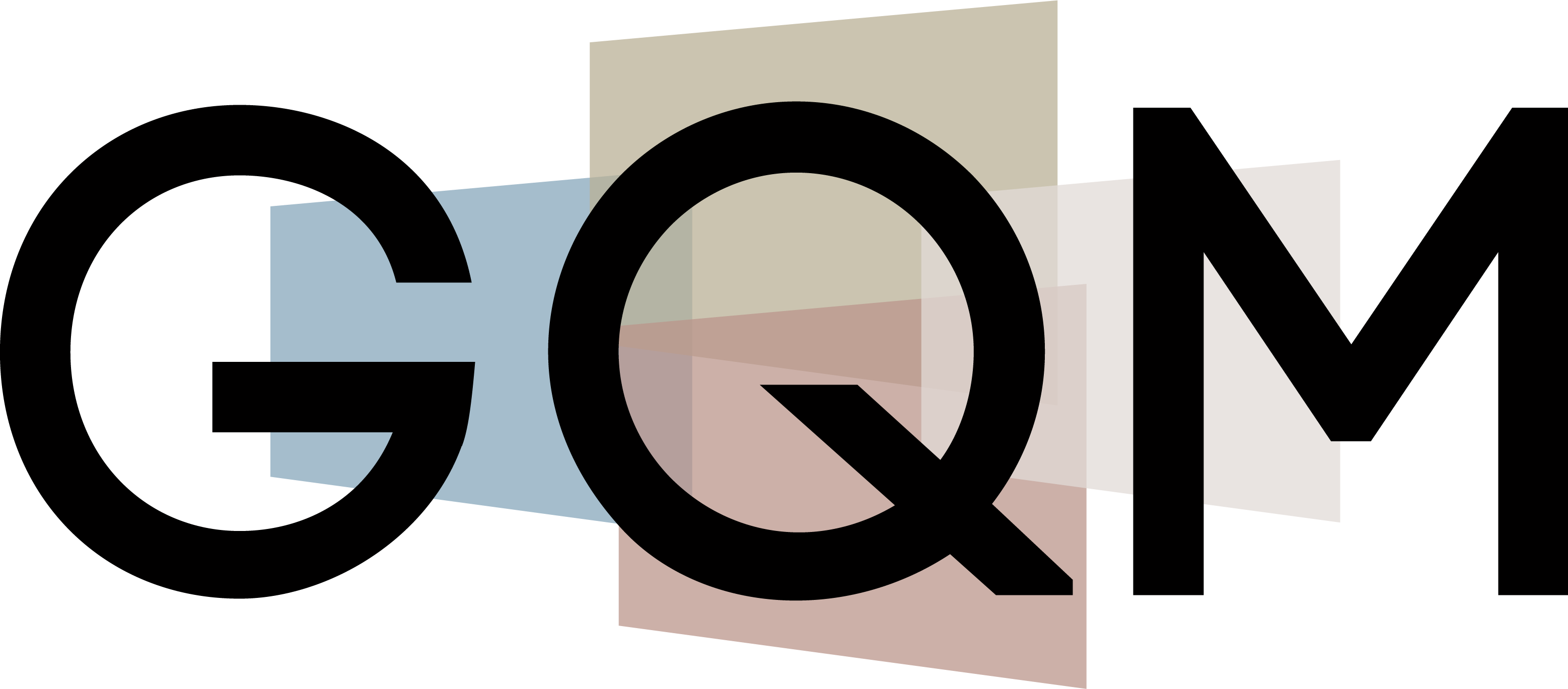JOY: Daily Reading Plan #6

Jeremiah 31:3-17
"The Lord appeared to us in the past, saying: “I have loved you with an everlasting love; I have drawn you with unfailing kindness. I will build you up again, and you, Virgin Israel, will be rebuilt. Again you will take up your timbrels and go out to dance with the joyful. Again you will plant vineyards on the hills of Samaria; the farmers will plant them and enjoy their fruit. There will be a day when watchmen cry out on the hills of Ephraim, ‘Come, let us go up to Zion, to the Lord our God.’”
This is what the Lord says: “Sing with joy for Jacob; shout for the foremost of the nations. Make your praises heard, and say, ‘Lord, save your people, the remnant of Israel.’ See, I will bring them from the land of the north and gather them from the ends of the earth. Among them will be the blind and the lame, expectant mothers and women in labor; a great throng will return. They will come with weeping; they will pray as I bring them back. I will lead them beside streams of water on a level path where they will not stumble, because I am Israel’s father, and Ephraim is my firstborn son.
“Hear the word of the Lord, you nations; proclaim it in distant coastlands: ‘He who scattered Israel will gather them and will watch over his flock like a shepherd.’ For the Lord will deliver Jacob and redeem them from the hand of those stronger than they. They will come and shout for joy on the heights of Zion; they will rejoice in the bounty of the Lord— the grain, the new wine and the olive oil, the young of the flocks and herds. They will be like a well-watered garden, and they will sorrow no more. Then young women will dance and be glad, young men and old as well. I will turn their mourning into gladness; I will give them comfort and joy instead of sorrow. I will satisfy the priests with abundance, and my people will be filled with my bounty,” declares the Lord.
This is what the Lord says: “A voice is heard in Ramah, mourning and great weeping, Rachel weeping for her children and refusing to be comforted, because they are no more.”
This is what the Lord says: “Restrain your voice from weeping and your eyes from tears, for your work will be rewarded,” declares the Lord. “They will return from the land of the enemy. So there is hope for your descendants,” declares the Lord. “Your children will return to their own land."
The Gospel of Matthew was written to prove that Jesus is Israel’s promised Messiah. Matthew quoted the Old Testament prophets more than any other gospel writer. His purpose was to demonstrate that the prophets’ words were fulfilled in Jesus Christ. In Matthew’s narrative of the birth of Jesus Christ, we find this quotation from Jeremiah: “A voice was heard in Ramah, weeping and loud lamentation, Rachel weeping for her children; she refused to be comforted, because they are no more” (Matthew 2:18, ESV).
Matthew 2:16–18 recounts King Herod’s massacre of infant boys in Bethlehem and surrounding towns. Ramah was an Judean town about five miles north of Jerusalem. Jeremiah’s specific prophecy, given about six centuries before the birth of Jesus, concerns the captivity of Judah and the killing of innocent Jewish children during the Babylonian conquest (Jeremiah 31:15). But Matthew, seeing the striking parallel, applied it to the slaughter of babies by Herod the Great as another fulfillment of Old Testament prophecy.
In Matthew 2, wise men from the East arrive in Jerusalem with news of a newborn “king of the Jews” in Bethlehem (Matthew 2:2, 5). Fearing a threat to his kingship, the ruthless and powerful King Herod orders all male children two years old or under be put to death in the region.
In Scripture, Bethlehem is first mentioned in connection with the death of Rachel, who was Jacob’s favored wife (Genesis 35:16–20). Rachel died giving birth to their son, whom she called Ben-Oni, meaning “son of my sorrow.” Jacob changed the boy’s name to Benjamin, “son of my right hand.” Both names prophetically point to Jesus Christ, who was “a man of sorrows, acquainted with deepest grief” (Isaiah 53:3, NLT), and who is now exalted to God’s “own right hand as Prince and Savior” (Acts 5:31, NLT; Hebrews 1:3). Jacob marked Rachel’s grave by setting a pillar near Bethlehem.
“Rachel weeping for her children” represents the countless Jewish mothers grieving the loss of their children. Israel’s time of captivity in Babylon was undoubtedly one of the most sorrowful times in the nation’s history. Thus, Matthew links this Old Testament passage to the time of Jesus’ birth as further evidence that Jesus is the long-awaited Messiah in whom Israel can place its hope. In Jeremiah’s prophecy, the Lord promised the nation of Israel, “There is hope for your future” (Jeremiah 31:17). That promise was also fulfilled in Jesus Christ. Jacob and Jeremiah associated Bethlehem with death and mourning, but Messiah’s birth transformed it into a symbol of hope and life.
Matthew strategically included statements such as “a voice was heard in Ramah, weeping and loud lamentation” to show that the details of Jesus Christ’s birth, life, ministry, death, and resurrection were all in total harmony with the Old Testament. God made His Son’s identity clear. Israel’s Savior was destined to identify with His people’s historical suffering and exile as well as their exodus from slavery (Matthew 2:15). Jesus is explicitly and inseparably tied with the history of His people—not only with the Jews but all believers whose spiritual history and life before salvation involve mourning, exile, and slavery to sin.
“A voice was heard in Ramah” is just one of several hundred biblical prophecies fulfilled in Jesus Christ. Matthew’s skillful allusion to some of those prophecies supplied sufficient evidence that Jesus is indeed Israel’s promised Messiah.
Reflection Questions
- What does this passage reveal about joy in the midst of sorrow?
- How can I find joy in the character and promises of God?
- How does reading this passage cause me to change the way I see and live life?




